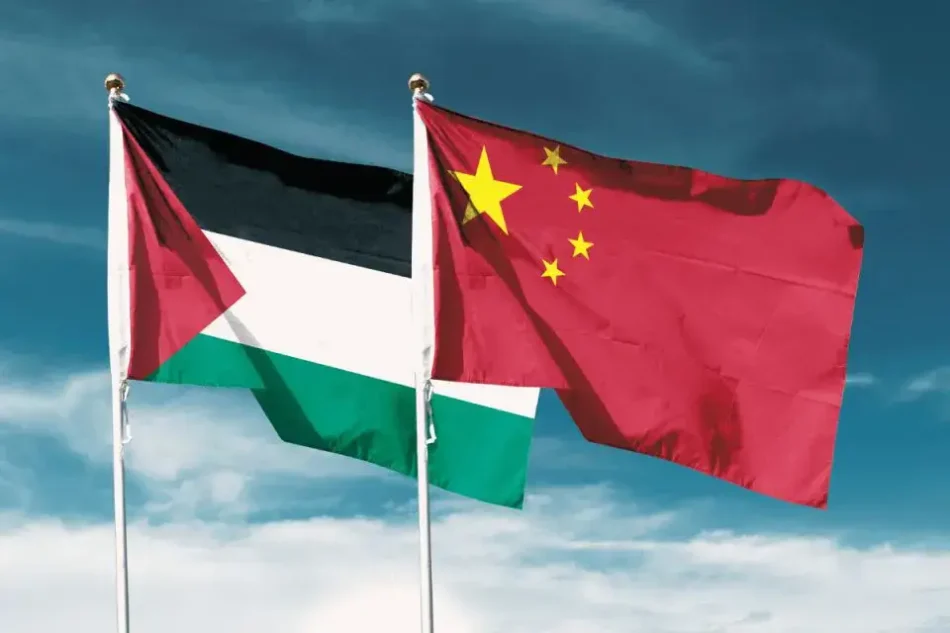Over the last few years, China has accelerated its role as peacemaker in the Middle East, brokering multiple agreements that have led to increased stability, with the incredibly influential Iran-Saudi deal in 2023 and the 2024 Hamas and Fatah deal made in Beijing being the most recent high-profile deals.
As US soft power begins to wane all over the world, China has eagerly stepped into replacing the US in the role of mediator.
However, China’s approach to peace differs significantly from the US strategy of using military might to threaten and pressure states to agreements. China instead uses economic stability to create political stability. China often disagrees with using military intervention in the Middle East, and focuses its mediation efforts on economic solutions for both parties to thrive.
This is clearly a more moral and successful strategy, as the US methods often make disagreements even worse with their heavy-handed military intervention. The US also heavily sides with Israel on all matters and therefore has become increasingly less trusted because they lack any neutrality.
In the 2024 Houthis Red Sea crisis, China did not join Operation Prosperity Guardian against the Houthis as this would be counter-productive towards peace, an operation that merely supported US hegemony, and this rejection helped China’s regional reputation. Instead China reached an agreement with the Houthis to allow Chinese vessels through the Red Sea in exchange for political assistance in international forums.

The US now seemingly fears China’s increasing role as peacemaker in the Middle East, because China isn’t a faction that they can bully and influence. This emerging influence is a threat to the US’s grip over the region and their policy of using both hard and soft power to push their agenda. US influence in the Middle East over the last few decades has been disastrous, endless wars seem to engulf the region often due to the US’s hard-line support of Israel.
Israel clearly has security issues in the region, from decades of conflict with the Muslim world who wish for Judaism to lose its foothold in a region that holds significant religious importance. However even Israel has now strengthened its economic ties with China, recognising their increasing influence in the region.
Commenters on these issues mentioned:
“The simple fact is every action Trump has taken in office has strengthened China.”
“No one is looking to the United States for global leadership anymore. And why would they? Those days are gone.”
“USA will never negotiate peace in the Middle East. They will keep fighting forever or until they kill all who oppose them.”
“China capitalizing on the US’s incompetence in the middle East and Europe’s incompetence in Africa.”
Will China continue to push out US influence in the Middle East? It seems likely when the US continues its same strategy of bullying countries instead of working together with them. It’s clear that peace is not what the US desires in the Middle East. It’s been a great source of profit for the US military industrial complex to constantly intervene in Middle Eastern conflicts, and peace would reduce this profit. In contrast, China continues to invest economically in the Middle East; peace is much more beneficial for economic purposes, and China has a clear strategy to achieve that, improving their reputation and efforts towards peace instead of the constant war that the US administrations seem to ignite over and over again.








